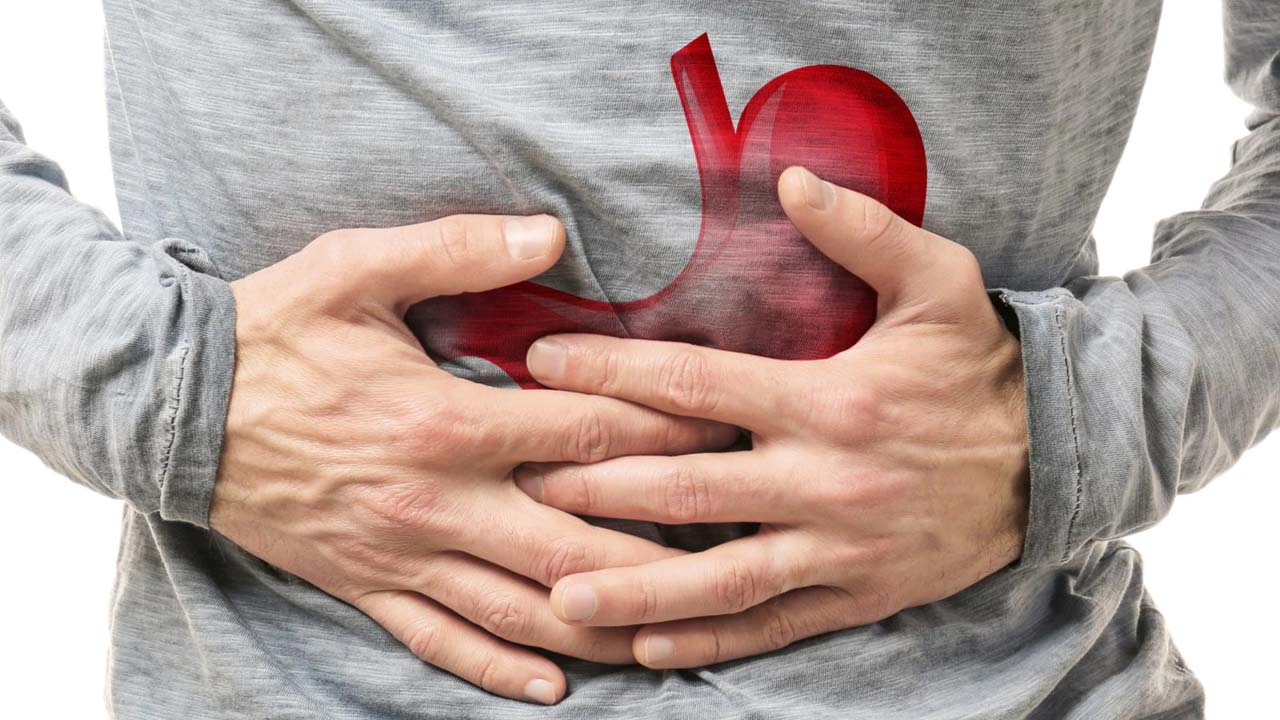November is Stomach Cancer Awareness Month. The idea behind the month is to increase awareness regarding stomach and gastric cancer and educate people about the illness. Awareness is essential to detect cancer at an early stage and prevent it from getting advanced.
Statistics
Stomach cancer is the fifth most common cancer worldwide. Over 1 Million new cases of stomach cancer are seen every year globally. 1 in 111 men and women will be diagnosed with stomach cancer in their lifetime. Up to 10% of stomach cancer cases are “familial” in origin. There is up to 42% lifetime risk in hereditary cases. The 5-year survival rate for Stage IV stomach cancer patients is 4%. It is the second most common cause of cancer deaths globally.
Facts about stomach cancer
- Stomach cancer is slow-growing and can take years to develop.
- Stomach cancer is difficult to detect and is typically diagnosed in the late stages.
- A diet high in smoked, salted, and pickled foods, tobacco use, and obesity can all increase the risk of stomach cancer
- People who carry the BRCA1 and BRCA2 gene mutation, which increases the risk of breast and ovarian cancer, may also have an increased risk of developing stomach cancer.
- A person can live a normal life without a stomach.
- Early detection of stomach cancer is the key to survival.
Signs and symptoms
- Indigestion, heartburn, or ulcer-type symptoms
- Difficulty swallowing
- Abdominal pain or vague discomfort in the abdomen, usually above the navel
- Nausea and vomiting and/or bloating after meals
- Vomiting blood, or blood in the stool
- Diarrhea or constipation
- Loss of appetite
- Unexplained weight loss
- Weakness and fatigue
- Sense of fullness after eating small amounts of food (also called early satiety)
- Symptoms may mimic other conditions, such as GERD, gastritis or peptic ulcer
Preventive measures
There is no way to prevent stomach cancer but there are certain things you can do to lower the risk of developing it.
- Maintaining a healthy weight might lower your risk.
- Getting regular physical activity might also help lower your risk of stomach cancer.
- Following a healthy eating pattern is mandatory. A colorful plate that includes plenty of fresh fruits and vegetables probably also lowers stomach cancer risk. Citrus fruits such as oranges and lemons might help you.
- Avoids or limits red and processed meats, sugar-sweetened beverages, and highly processed foods.
- Alcohol use probably increases the risk of stomach cancer, so avoiding or limiting alcohol might lower your risk.

 In India, the incidence rate of gastric is very low compared to that in western countries, and the number of new gastric cancer cases is approximately 34,000, with a male predominance (male-to-female ratio, 2:1). As it is a slow-growing cancer, diagnosing it in an early stage and preventing it from getting advanced is very important. Let’s create a
In India, the incidence rate of gastric is very low compared to that in western countries, and the number of new gastric cancer cases is approximately 34,000, with a male predominance (male-to-female ratio, 2:1). As it is a slow-growing cancer, diagnosing it in an early stage and preventing it from getting advanced is very important. Let’s create a









.jpeg)








.png)
.png)

.png)
.png)
.png)

.png)
.png)
.png)

.png)
.png)